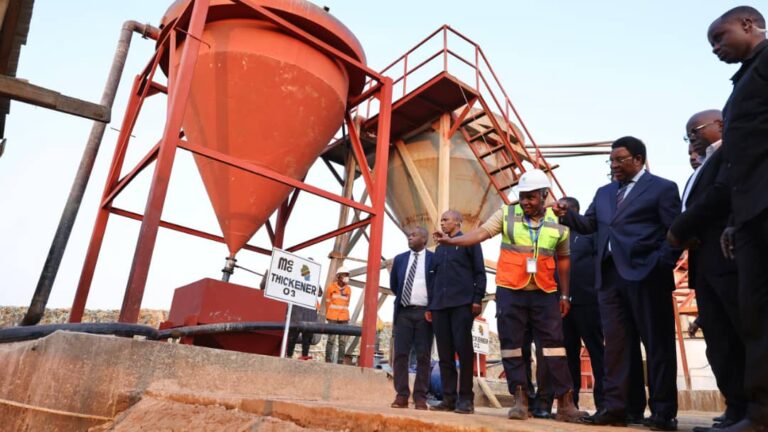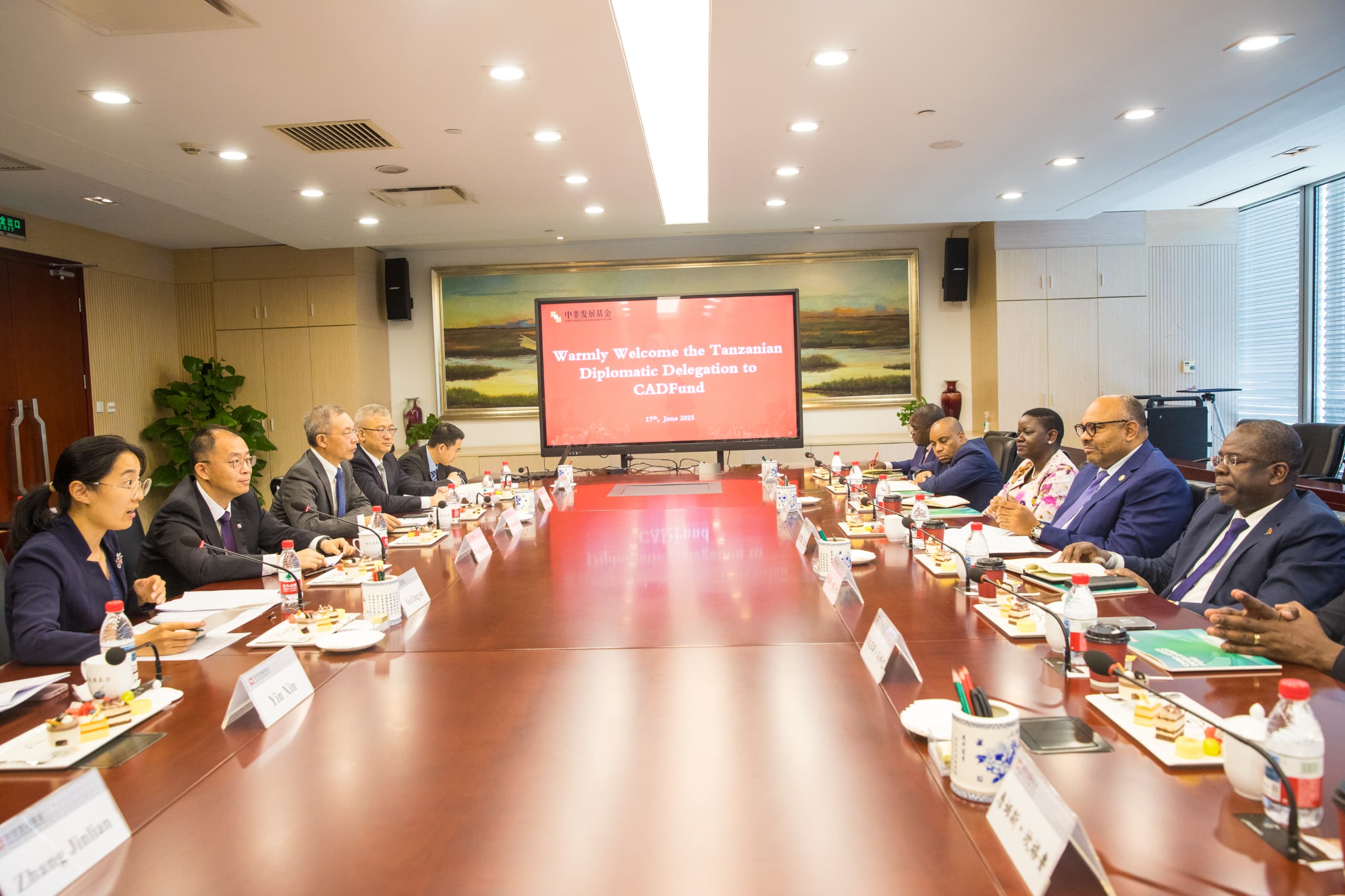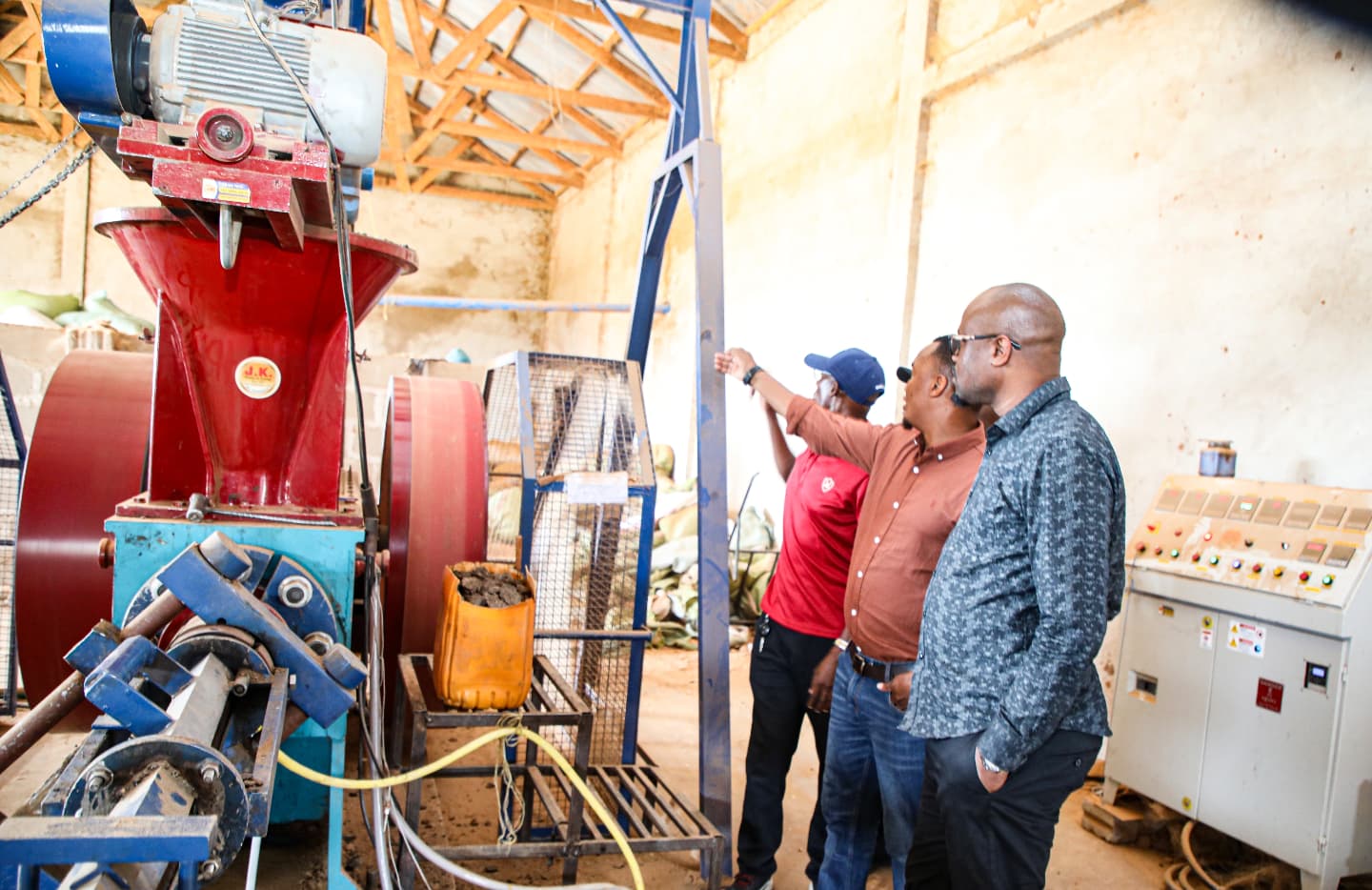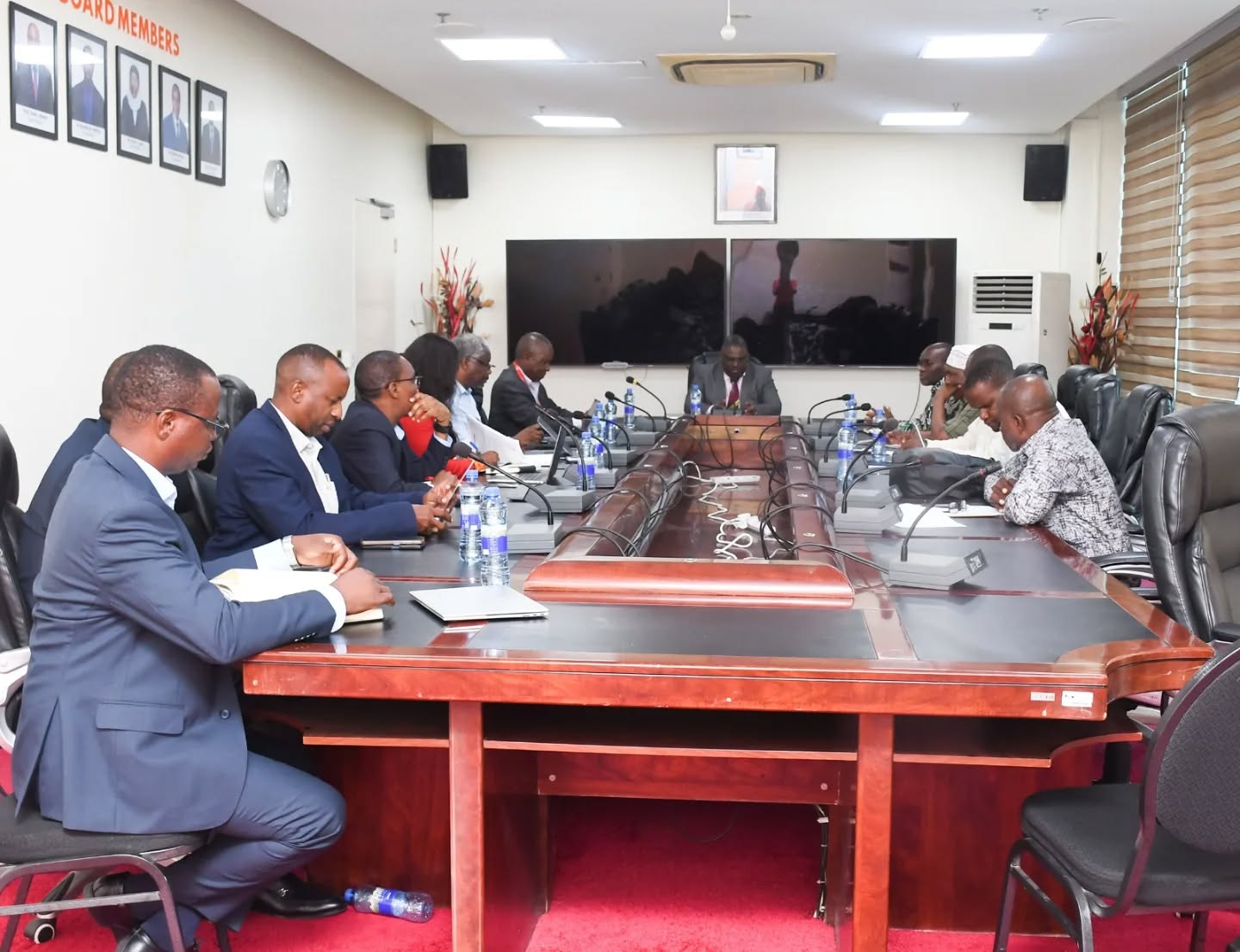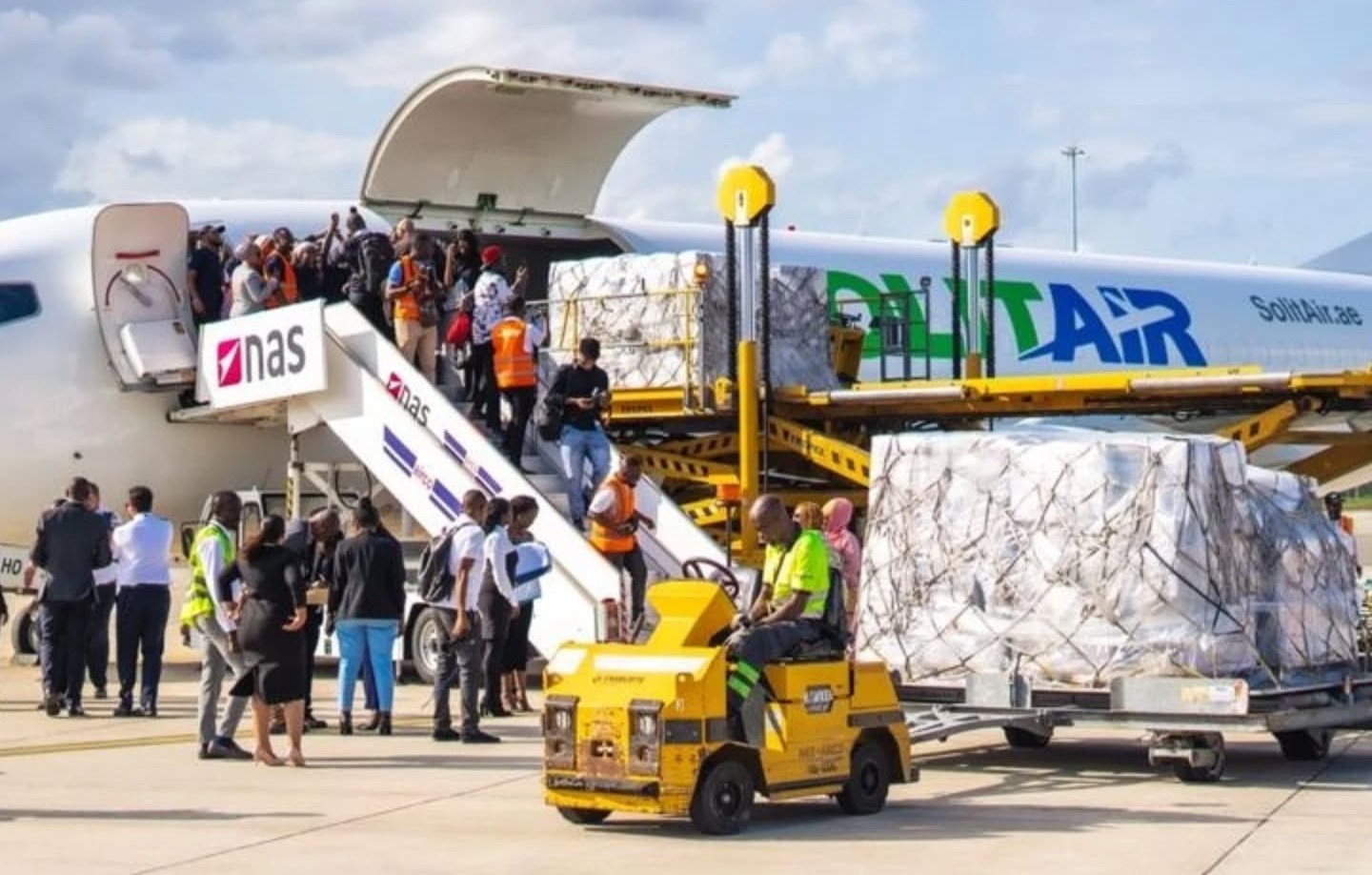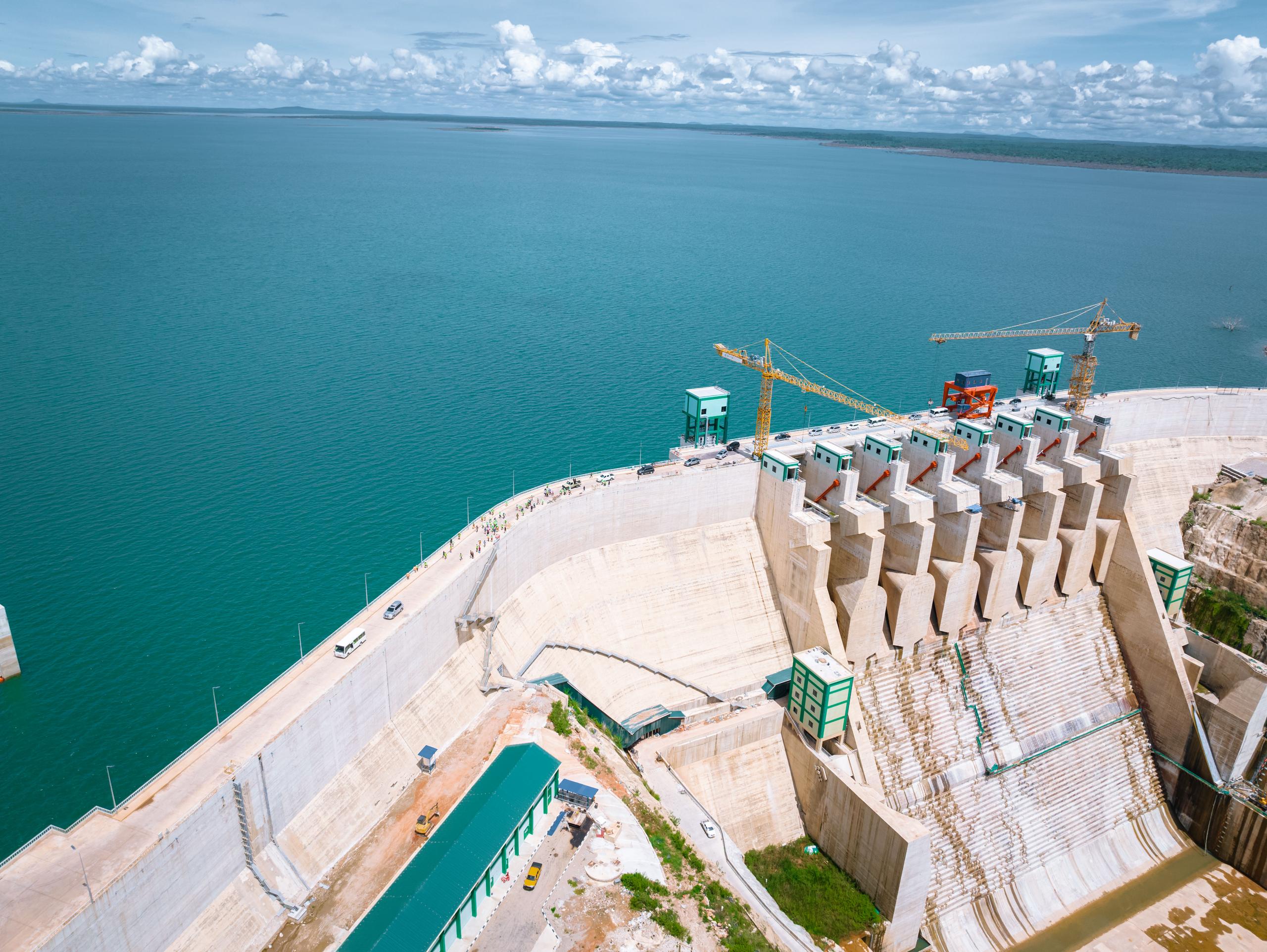Chunya. Prime Minister Kassim Majaliwa on Wednesday June 19, said the launch of the country’s first modern copper processing plant in Chunya District, Mbeya Region, positions Tanzania as a significant player in the global copper value chain.
Speaking on behalf of President Samia Suluhu Hassan while officiating at the foundation stone-laying ceremony for the Mineral Access Systems Tanzania Ltd (MAST) plant, Mr Majaliwa said the investment marked a major milestone in the country’s quest to promote value addition and industrialisation.
“This is a strategic step towards making Tanzania not just a mineral producer but also a manufacturer of value-added mineral products,” he said.
The state-of-the-art facility, located in Mbugani Ward, processes up to 31,200 tonnes of low-grade copper ore per month.
Mr Majaliwa said the plant represents a firm commitment by the government to boost value addition in the minerals sector, in line with Tanzania’s mining policy.
He said MAST’s investment reflects growing investor confidence, buoyed by improved business and investment conditions in the country.
The Prime Minister further emphasised that such projects are central to the government’s drive to ensure all minerals extracted in the country are processed locally in order to increase employment, enhance government revenues, and stimulate local industries that depend on mineral inputs.
Boost to industrialisation drive
Mr Majaliwa noted that the Chunya copper refinery aligns with Tanzania’s ambition to transform its economy through industrialisation, adding that the use of modern, environmentally friendly technology at the plant was commendable.
He directed that all mining operations should adhere to environmental protection standards, including the use of clean technologies, land reclamation after mining, and measures to prevent pollution to safeguard lives, water sources, and biodiversity.
The Prime Minister also called on investors to employ local residents, especially for unskilled roles, to help reduce unemployment and boost local incomes.
He underscored the importance of tax compliance, noting that royalties and other statutory payments were critical in funding public services such as education, health, and infrastructure.
Moreover, Mr Majaliwa instructed all mining companies to fully implement their Corporate Social Responsibility (CSR) obligations by investing in social amenities such as schools, health centres, roads, and clean water for surrounding communities.
MAST’s commitment to sustainable mining
Speaking at the event, MAST managing director, Mr Godfrey Kente, said the Chunya plant was designed to process copper ore with a concentration of 0.5 to 2 percent and upgrade it to 75 percent purity using leaching and cementation technology.
He said the plant currently processes 27,200 tonnes of copper ore from MAST’s own mine and purchases an additional 4,000 tonnes from small-scale miners.
“Our aim is to promote inclusive and sustainable mineral processing,” said Mr Kente, noting that the plant had already created 254 jobs—209 directly employed by MAST and 45 through contractors. Of these, 205 are Tanzanians, with 60 percent coming from Mbeya Region, especially Chunya District.
Founded in 2011, MAST is a Tanzanian-owned company involved in the trade and development of strategic minerals such as copper, nickel and manganese, working in partnership with small-scale miners locally and internationally.
Plans for additional plants
Mr Kente revealed that the company plans to build three more copper processing plants in Simanjiro (Manyara), Mbesa (Tunduru, Ruvuma), and Dodoma.
Each facility is expected to employ over 500 people and contribute over $40 million annually to the economy.
“We are committed to developing the mineral sector through investments that create value, jobs, and economic impact,” he said.
Government’s broader agenda
Earlier, Deputy Minister for Minerals, Dr Steven Kiruswa, said the development was in line with the ruling party’s 2020–2025 manifesto, which prioritises the establishment of value addition industries in the mining sector.
He noted that the MAST plant is one of nine value addition plants planned across the country, as Tanzania seeks to become a regional hub for mineral processing in Africa.
“This is part of the broader national strategy to reduce the export of raw minerals and instead sell refined, higher-value products,” he said.
The government’s stance, he added, is clear—Tanzania must not remain a mere exporter of raw resources, but must take control of the mineral value chain for the benefit of its people.The Prime Minister also called on investors to employ local residents, especially for unskilled roles, to help reduce unemployment and boost local incomes

